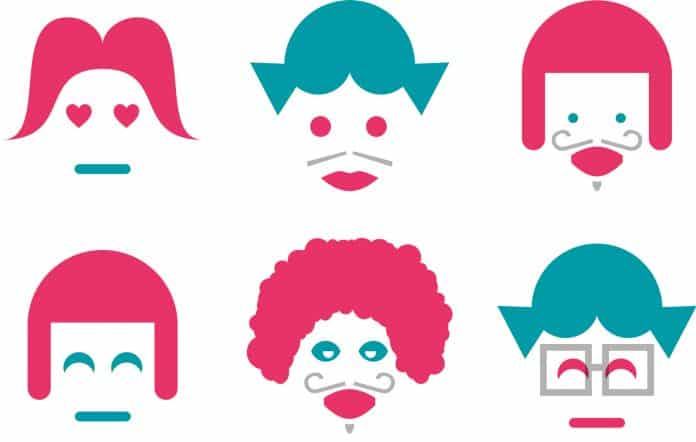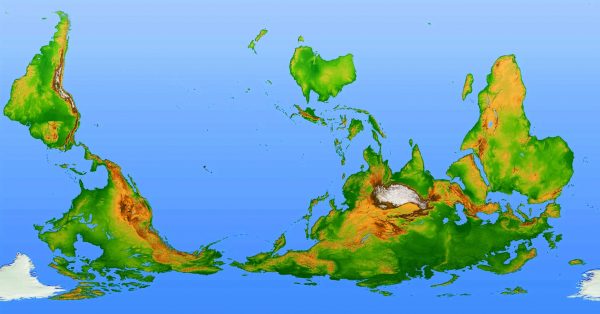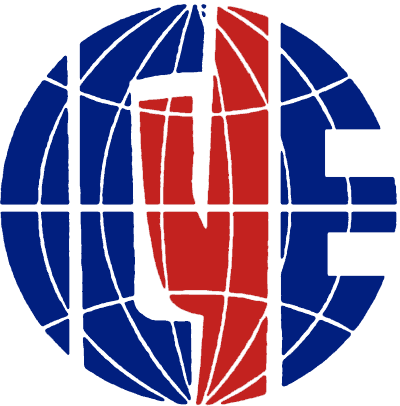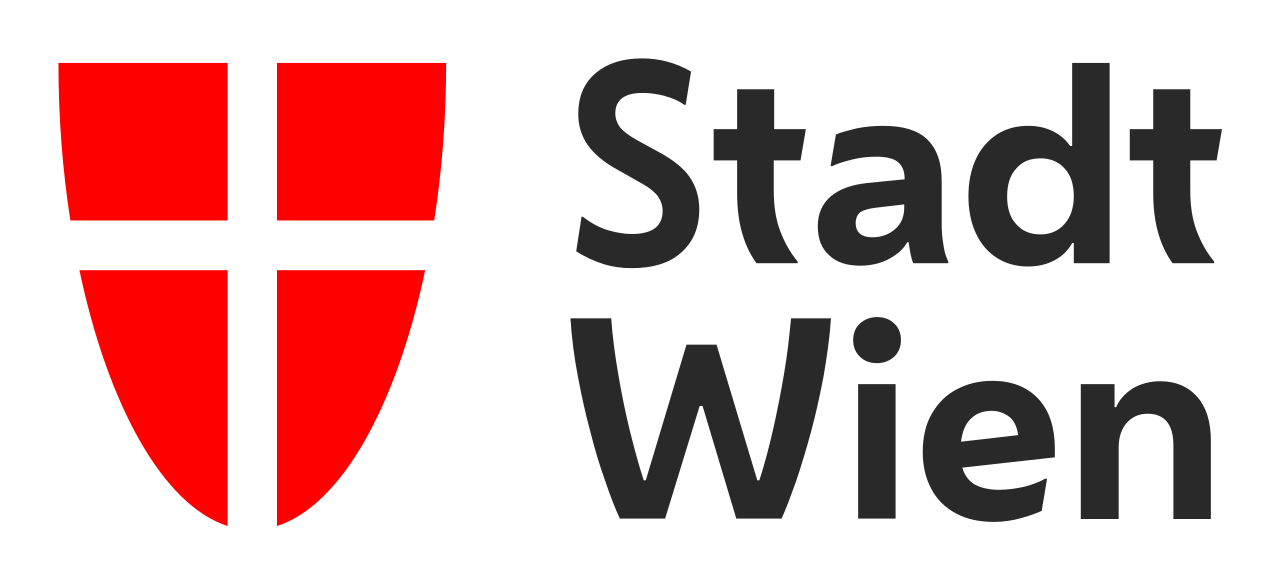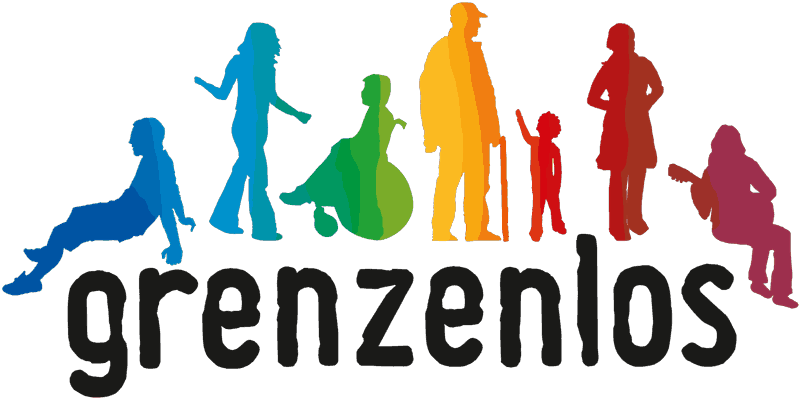

Duration: 01 June 2015 – 31 May 2017 Partners: Grenzenlos, IBG, JAVVA, LINK, ESTYES
Introduction
To support dialogue and intercultural learning is Grenzenlos daily work since more than 65 years. In 2009 Grenzenlos developed an education program called Grenzenlos@schools (More info at with the aim to talk with students/pupils about stereotypes and prejudices and to give them the cance to grow on their own personal and social level and to foster respect for cultural and social diversity.
The concept of the educational program itself was developed by the University of Passau and friendly introduced to us by Prof. Dirschler. We discovered soon that adjustments have to be done according to the Austrian system and environment. Our international partners LINK Italy, JAVVA Belgium, IBG Germany and EstYes wanted to try the concept in their environment and together we shared our experiences and could empower our intercultural work in the local transmition phases. This was very important as the idea was to have sustainable results and the political atmosphere changed during the project implementation.
‘Time for diversity’ brought gained experiences on an international level and helped all involved partners to start a network of trainers and institutions that are willing to support on the one hand intercultural learning and on the other hand to promote the link between formal and non formal education possibilities.
„Teaching to others has taught me a lot about myself. I had the chance to learn a lot about myself thanks to the interaction, discussions and activities realized with the youth during the workshops. An unforgettable experience, I will continue doing it.”
Aims of #time4diversity
- To promote social and cultural inclusion in schools
- To support non formal and intercultural learning
- To link formal learning within the non formal learning feld and to learn from each other while exchanging our organisational experience during the implementation phases
- To develop methods suitable for each international partners environment
- To train trainers in Italy, Germany, Estonia, Belgium, Italy
- To develop a training handbook together with the participating organisation and their trainers in order to have a work book for trainers, to pass the skills on to other trainers after the project and to share the results with partners who were not part of the project
- To underline the importance of linking formal and non-formal education
- To strengthen the partnership among organisations from di erent education actors (NGO ́s, universities, vocational schools, local authorities, trade, etc.)
- To establish a network of educational organisations/ institutions and trainers phases
Intellectual Output – The Handbook
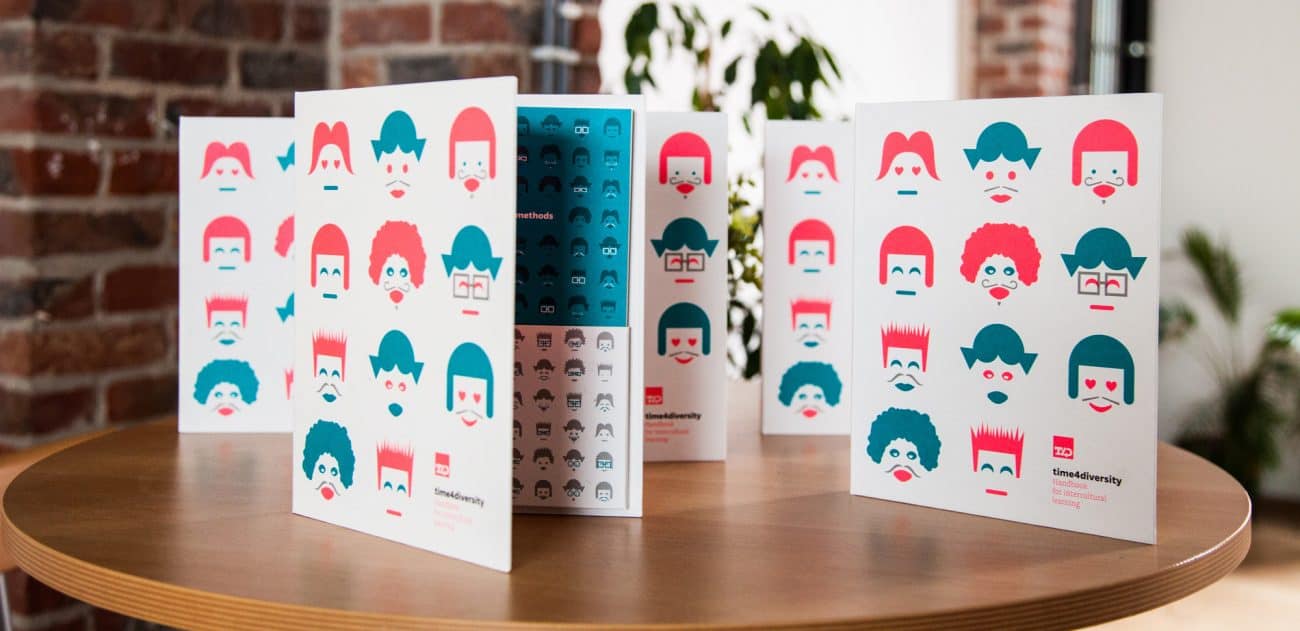
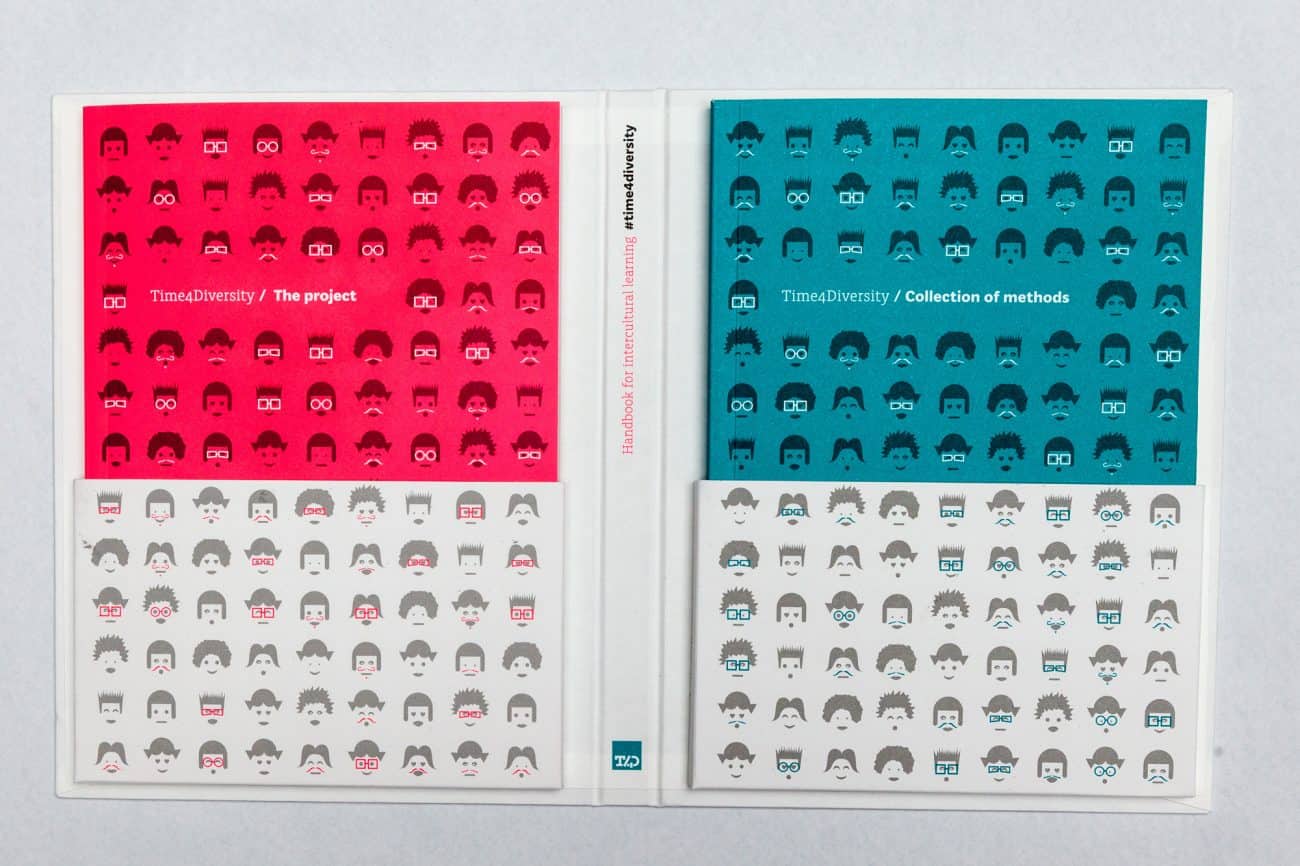
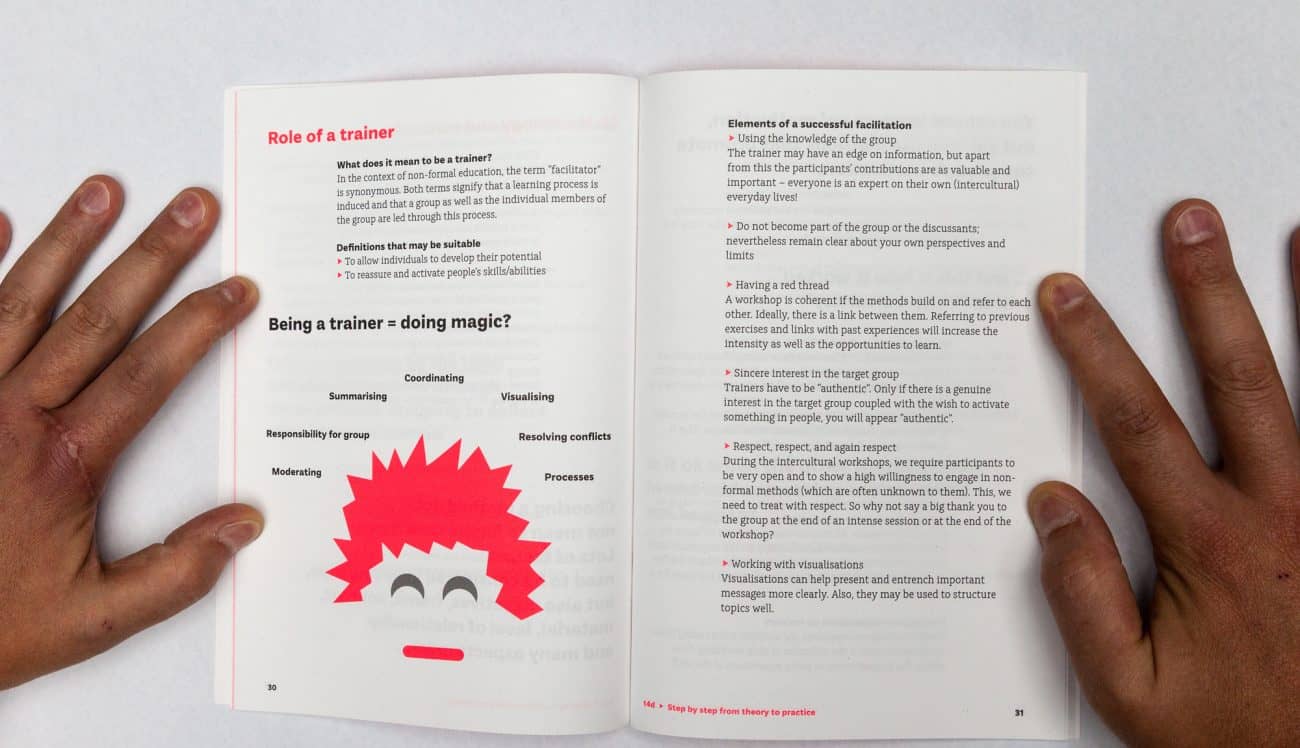
Impact
pupils, students, …
- “Today I understood that not everybody in the class room thinks that I am a bad person, just because I am a Muslim.”
- “Finally some fun in school and I learned a lot”
- “I thought my friends are thinking exactly the same way as I do… I was wrong”
- “The first time I feel part of the group”
teachers & youth workers
- A be er atmosphere in the classroom
- Seeing diversity as a reality and as a resource
- Being able to experience pupils from another perspective
- Discovering non-formal methods in a formal frame
trainers
“Teaching to others has taught me a lot about myself. I had the chance to learn a lot about myself thanks
to the interaction, discussions and activities realized with the youth
during the workshops. An unforge able experience, I will continue doing
it.”
- Personal growing
- Being part of a big EU-project
- Professionalism
- Networking and supervision
organizations
- EU-project enabled „official testing“ / Professionalism
- Go deeper into topics and not only inform about International Voluntary Service
- Connection to formal institutions / new target groups
- Presenting non-formal education sucessfully in a formal environment

